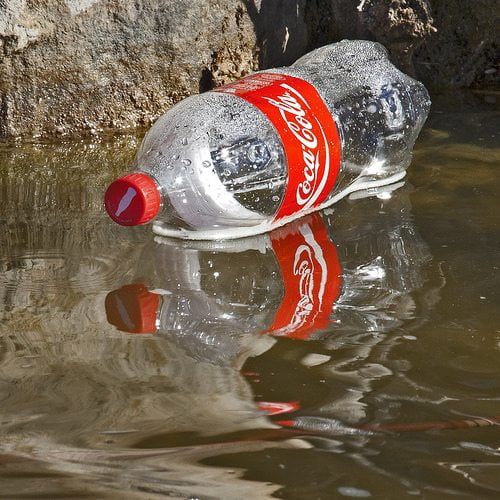

Environment
Indian Coca-Cola plant shut down for using too much water
A Coca-Cola plant in India, which has faced criticism for extracting too much groundwater and releasing high levels of pollutants, is to be closed down, officials have reported.
Anti-pollution authorities have declared that the soft drink manufacturing Mehdiganj plant in Varanasi, in the state of Uttar Pradesh, breached pollution conditions on its operating license, prompting an order closure.
Uttar Pradesh Pollution Control board members secretary JS Yadav said, “The plant is closed following orders.
“They have also been asked to take suitable measures to recharge the depleting groundwater level by twice the amount they have extracted.”
“Also, the effluents released by the plant contain pollutants beyond the permissible limits.”
Coca-Cola has appealed to the environmental court to stop the closure of the plant and is waiting for new developments.
The plant has been the centre of protests for many years – with one campaign group arguing it was illegally built on village council land, which landed it a 126,000 rupee (£1,231) fine – and was threatened to be demolished by local authorities.
The plant has also been criticised for expanding its operation to 600 polythene terephthalate bottles a minute amongst increases in pollutant levels and the draining of even more water. Demonstrators have accused Coca-Cola for causing water shortages in the area.
India is Coca-Cola’s fastest growing market, alongside many other industries benefitting from the rapidly expanding nature of the country’s economy and its growing middle-class population.
Coke currently has 58 bottling plants nationwide in India with more plants expected to appear.
Earlier this year, the firm announced a ‘second life’ promotion campaign for its plastic bottles – offering transferable caps that would utilise the bottle after its soft-drink was consumed. However, critics have noted that this could actually consume more plastic than before.
Photo credit: coca cola by Ze’ev Barkan via flickr
Further reading:
Most remote corners of the oceans full of human litter, study finds
Coca-Cola launches campaign to give ‘second life’ to plastic bottles
Cleaning up our oceans: a journey from waste to wear
Oxfam: 10 biggest food firms pollute more than Scandinavia
Developing nations rapidly increasing renewable energy output – report


 Environment11 months ago
Environment11 months agoAre Polymer Banknotes: an Eco-Friendly Trend or a Groundswell?

 Features10 months ago
Features10 months agoEco-Friendly Cryptocurrencies: Sustainable Investment Choices

 Features11 months ago
Features11 months agoEco-Friendly Crypto Traders Must Find the Right Exchange

 Energy10 months ago
Energy10 months agoThe Growing Role of Solar Panels in Ireland’s Energy Future





























